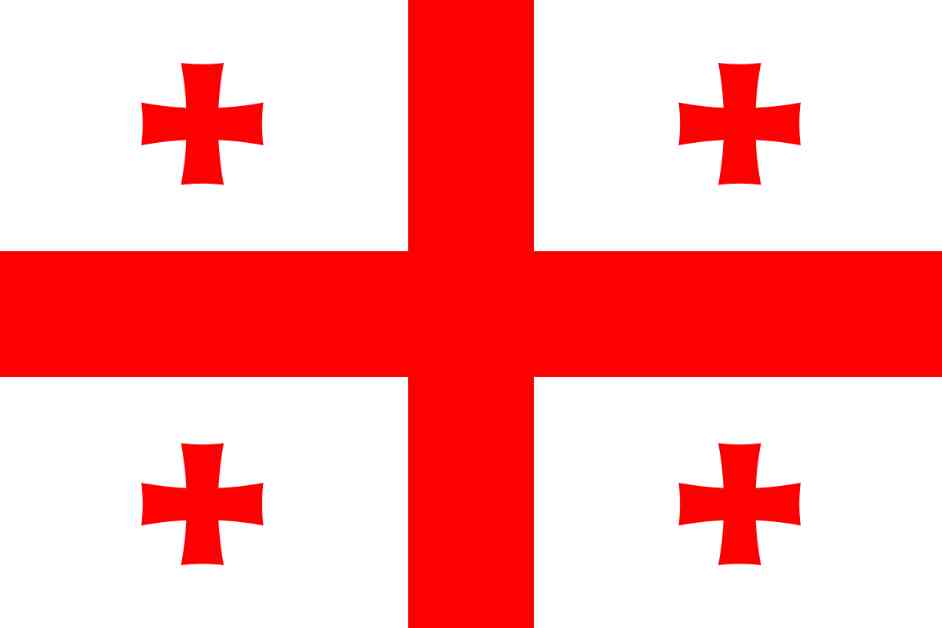Georgians went to the polls in a crucial election that many see as a determining factor in the country’s future relationship with the European Union. The campaign leading up to the election has been intense, with foreign policy taking center stage and allegations of a smear campaign flying back and forth between the ruling party, Georgian Dream, and the opposition.
There have been reports of voter intimidation and pressure to vote for the ruling party, raising concerns about the fairness of the election. A video circulating on social media showing ballots being stuffed into a box at a polling station has further fueled these concerns. The Central Election Commission has launched an investigation, and all results from the polling station in question will be declared invalid.
The election has been described as the most crucial since Georgia gained independence in 1991, with the country’s President emphasizing the importance of European integration and stability for Georgia’s future. Despite widespread support for joining the EU among Georgians, Brussels has put Georgia’s bid on hold following the passing of a controversial law by the ruling party.
The choice for voters is framed as one between a government that serves the people and one that is seen as aligning with foreign interests. The ruling party’s leader has warned of the influence of outside forces seeking to destabilize the country and has called for unity in the face of these threats.
The election will see 150 lawmakers elected from 18 parties, with the possibility of a coalition government if no party secures a majority. The opposition parties have pledged to carry out reforms required by the EU for membership, despite the challenges posed by recent legislation.
While the election is seen as a crucial moment for Georgia’s future, it has also sparked debate over the country’s relationship with Russia. The ruling party’s emphasis on conservative values and opposition to LGBTQ+ rights has been contrasted with the opposition’s pro-EU stance.
As polls opened in the parliamentary election, the choice facing Georgian voters is clear: between continued integration with Europe and a potential shift towards authoritarianism and closer ties with Russia. The outcome of the election will have far-reaching implications for Georgia’s future direction and its relationship with the EU.


